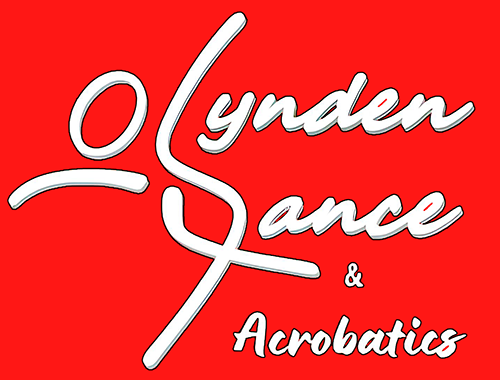At Lynden, we believe children's dance classes should be a positive, fun, and encouraging space where young dancers in Basingstoke can grow in confidence and ability. Part of that journey includes receiving guidance—and sometimes corrections—from their teachers. That word correction is often misunderstood. To a child, it can feel like being told off. But in the world of dance, a correction means we care and want to help them grow.

Corrections Are a Treasure, Not a Telling-Off
We correct dancers because we care. Whether it’s helping a child lift their posture, improve timing, or remember a pattern, corrections are not a punishment—they’re the key to progress.
Children may come home and say they were told off when really, they were guided firmly or reminded of something important. It’s easy to confuse feedback with feelings—especially if they’re tired or frustrated.
Every Child Is Different
Children respond differently to feedback. Some dancers adjust straight away. Others need time—or a little extra encouragement—before it clicks. That’s normal. Our job is to understand each child and help them move forward.
We aim to tailor our approach so every dancer feels supported and challenged in a way that suits them.
Why Accountability Matters in Dance
In dance, small corrections lead to big improvements. Applying a correction shows maturity and a willingness to improve. It builds ownership, which helps children grow both in and out of the studio.
Learning to accept feedback and act on it builds resilience. Whether it’s in school, sports, or work, being able to hear constructive criticism and use it is a powerful life skill.
When one dancer repeatedly ignores a simple correction—like stretching their feet or turning the right way—it’s usually not ability, but focus. That can hold the group back and make it harder for the team to stay motivated.
We want our children's dance classes in Basingstoke to be fun. But a focused class, where everyone is trying their best, is far more enjoyable for everyone—teachers and dancers alike.
Hard work beats natural talent almost every time. The students who listen and keep trying are often the ones who make the biggest leap forward.

Safety Comes First
Some corrections are about performance, others are about safety. When we ask a dancer to stop chatting or focus, it’s often to prevent accidents. For example, standing in the wrong place when another dancer is tumbling or kicking can cause harm. We’re always mindful of that because safety is our top priority.
A Team Effort: Dance School and Home
If your child comes home upset, we ask you to look at the bigger picture. Were they tired, embarrassed, or misunderstanding the moment? Our aim is always to support, not upset.
When parents echo that message at home, children become more open to feedback—and grow faster as a result.
Progress Starts With Ownership
Accountability means taking pride in your journey. When a dancer accepts a correction, applies it, and keeps going, they unlock their potential. And when parents support that mindset, it makes all the difference.
We welcome new students to our children's dance classes in Basingstoke. The first three lessons are offered on a trial basis, payable at the usual class fee, so your child can settle in before committing to the full term.
You can find answers to common questions on our FAQs page, or view our class schedule here.
If you're ready to get started, we'd love to welcome you. Let's raise confident, capable dancers—proud of what they've achieved not just because they’re talented, but because they’ve worked for it.

